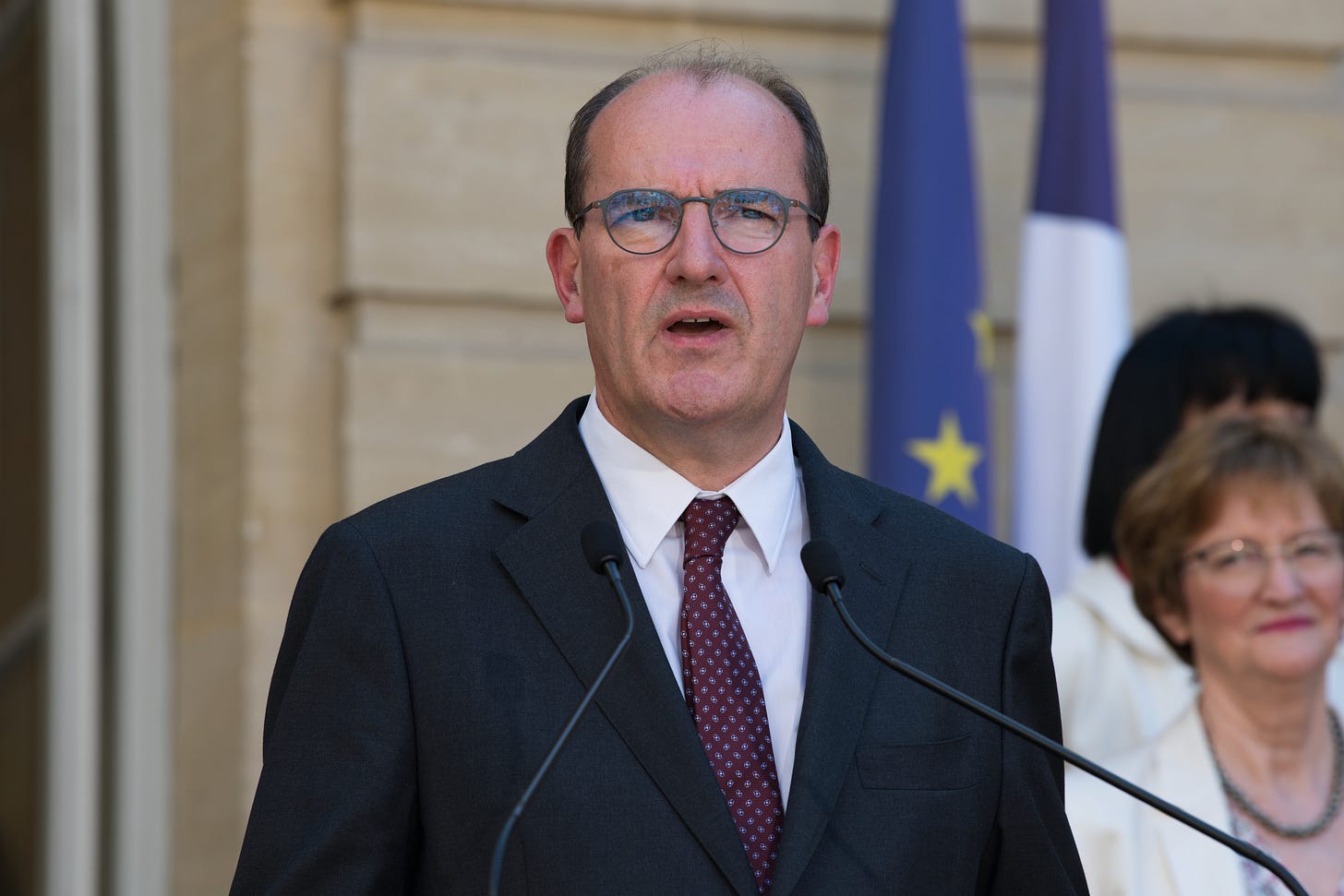The Vatican Secretary of State reaffirmed the Church’s stance that the seal of confession is inviolable, during an exchange with the French prime minister this week. France is considering a law that would demand priests break the seal to report suspected abuse of minors.
A meeting between Parolin and French Prime Minister Jean Castex marked the 100-year anniversary of restored Franco-Vatican diplomatic relations, which came in 1921 after nearly two decades of tension over the strict French practice of secularism, known as laïcité.
In comments released by Vatican Media, Parolin and Castex traded thinly-veiled comments on a proposed French law to require priests to report sexual abuse of minors that they learn about in the context of sacramental confession.
Castex said that France’s 1905 laïcité policy does not exclude religion from society but “simply delimits the spheres of intervention of the state on the one hand and of religion [on the] other.”
He said the Church must “find the necessary answers” to address abuse, and stressed that the separation of Church and state “is not at all the separation between Church and law.”
Parolin emphasized in remarks that the Church is determined to fight abuse and collaborate fully with civil authorities, but added that this must always be done while “respecting the nature, the mission and the sacramental structure of the Church which are proper to her.”
Church law holds that Catholic priests cannot under any circumstances disclose anything said during a confession, or even reveal whether a confession has taken place. Known as the “seal of confession,” this presumption of confidentiality allows penitents to confess their sins freely.
The Code of Canon Law states that “a confessor who directly violates the sacramental seal incurs a latae sententiae excommunication reserved to the Apostolic See; one who does so only indirectly is to be punished according to the gravity of the delict.”
Confessions in the Catholic Church are private, and thus regulations such as the proposed French law are virtually always unenforceable.
Other countries and states have also attempted to pass legislation forcing priests to violate the seal of confession, but these efforts have been largely unsuccessful.
In 2016, the Louisiana Supreme Court upheld the seal of confession after a lawsuit sought to challenge a state legal provision exempting priests as mandatory reporters of abuse of minors in cases where there is a religious duty to keep communication confidential.
A 2019 California bill to require priests to violate the seal of confession in some circumstances passed the state senate but was withdrawn shortly before it was to be debated in an assembly committee. The measure had drawn widespread criticism, including a statement from Bishop Michael Barber of Oakland saying none of the local priests would follow the regulation if it became law.
The Australian states of Victoria and Queensland passed laws in recent years requiring priests to report known or suspected sexual abuse of children, even if doing so requires a violation of the seal of confession. The laws were passed after the Royal Commission into Institutional Responses to Child Sexual Abuse recommended in 2017 that the seal of confession be removed in order to fight the sexual abuse of children.
The Australian bishops said they would abide by the other recommendations issued by the Royal Commission, but reaffirmed that the seal of confession is inviolable. The Vatican also reiterated this principle in its response to the Royal Commission’s report.



